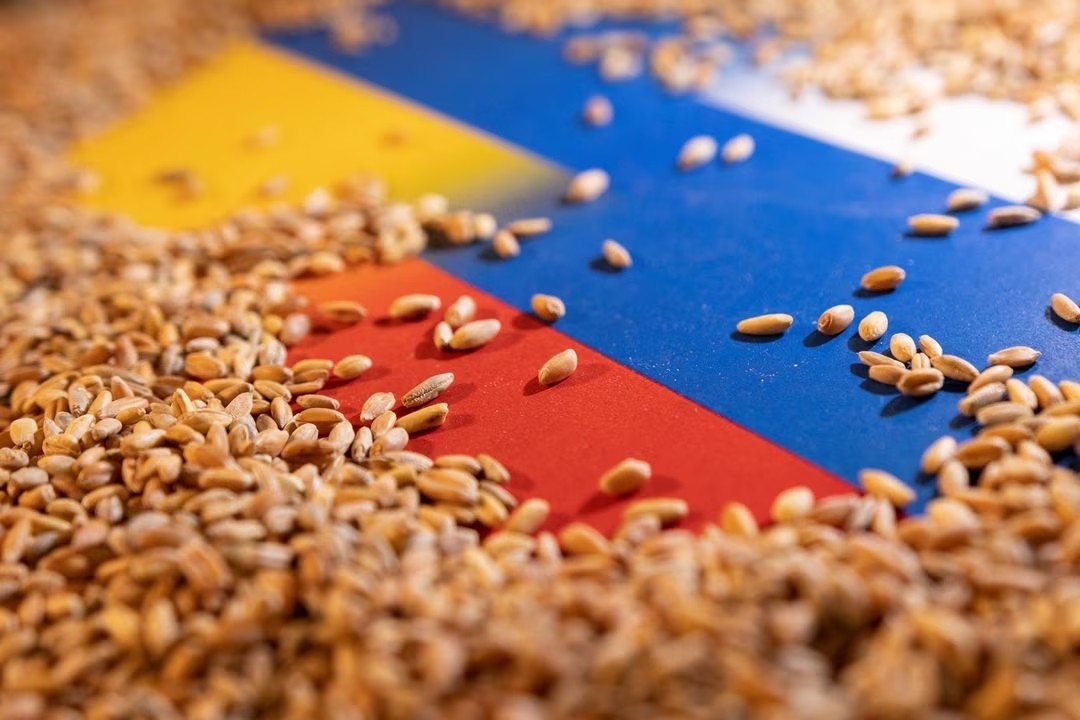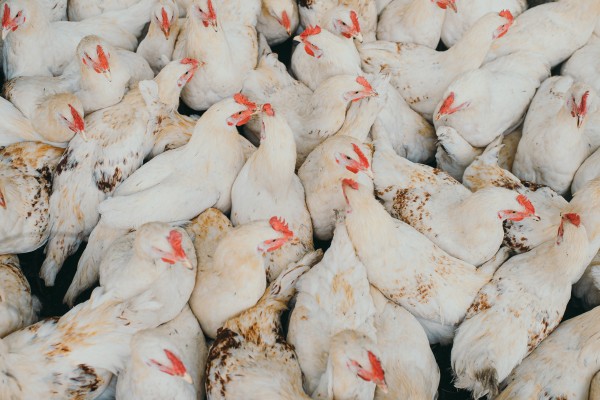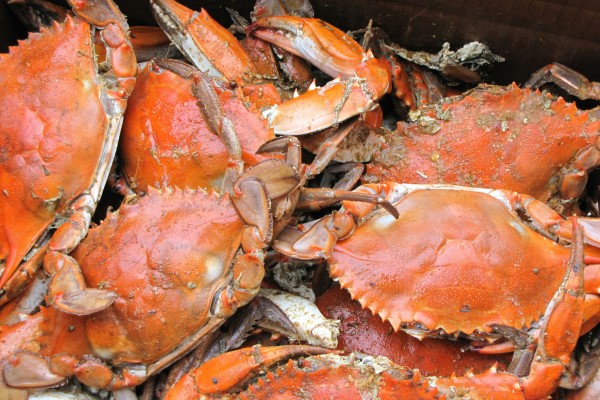On April 21, Alexey Ivanov, Director of the BRICS International Competition Law and Policy Centre, spoke on the analytical program "Mezhdunarodnoye Obozreniye" ("International Review") on the Russia 24 channel with a commentary on the grain deal.
The grain deal was signed in Istanbul on July 22, 2022. Four parties signed the document: Russia, Ukraine, Turkey and the UN. The latter two acted as guarantors of the initiative, with Russia and Ukraine entering into agreements with Turkey and the UN separately.
According to the agreement, Ukraine received the right to export its grain from the three ports until mid-May. The deal was last extended for 60 days on March 14. Russia expected that during this time the West would begin to implement the second part of the agreement to help export Russian agricultural products.
The initiative is designed to ensure the peaceful passage of merchant ships in accordance with the requirements and norms of international law and obligations under the law of the sea, from which Russia has never abandoned, said Alexey Ivanov.
"The so-called grain deal solved some problems related to hunger, especially in Africa and the developing world, because it saturated the market in general. We often encounter criticism that Ukrainian grain went the wrong way — not to Africa, but to Europe or Asia. In fact, it is not very important, because grain is interchangeable, and filling up one place leads to filling up the other place as well. Ukrainian grain went to Europe, and European — to Africa, and eventually prices fell, which is, in general, what we are witnessing. In other words, the peak of panic moods in the market because of expectations of price hikes has passed,"
said the Director of the BRICS Centre.
Alexey Ivanov believes that the U.N. Secretariat has generally done its part to implement the grain deal. For example, a representative of the UN Secretary General raised the issue of reconnecting Russian banks to the international financial messaging system SWIFT as part of the deal.
"It is clear that it is not the UN secretariat that imposed sanctions related to settlements, nor does it block Russian agro-exports. Is the UN helping? We can see that at least it is trying. We cannot say for sure what it does or does not do, but the organization clearly takes an active position on the admission of Russian agricultural products on the world market. The UN and the organization's Secretary General personally are advocating this idea,"
Ivanov stressed.




